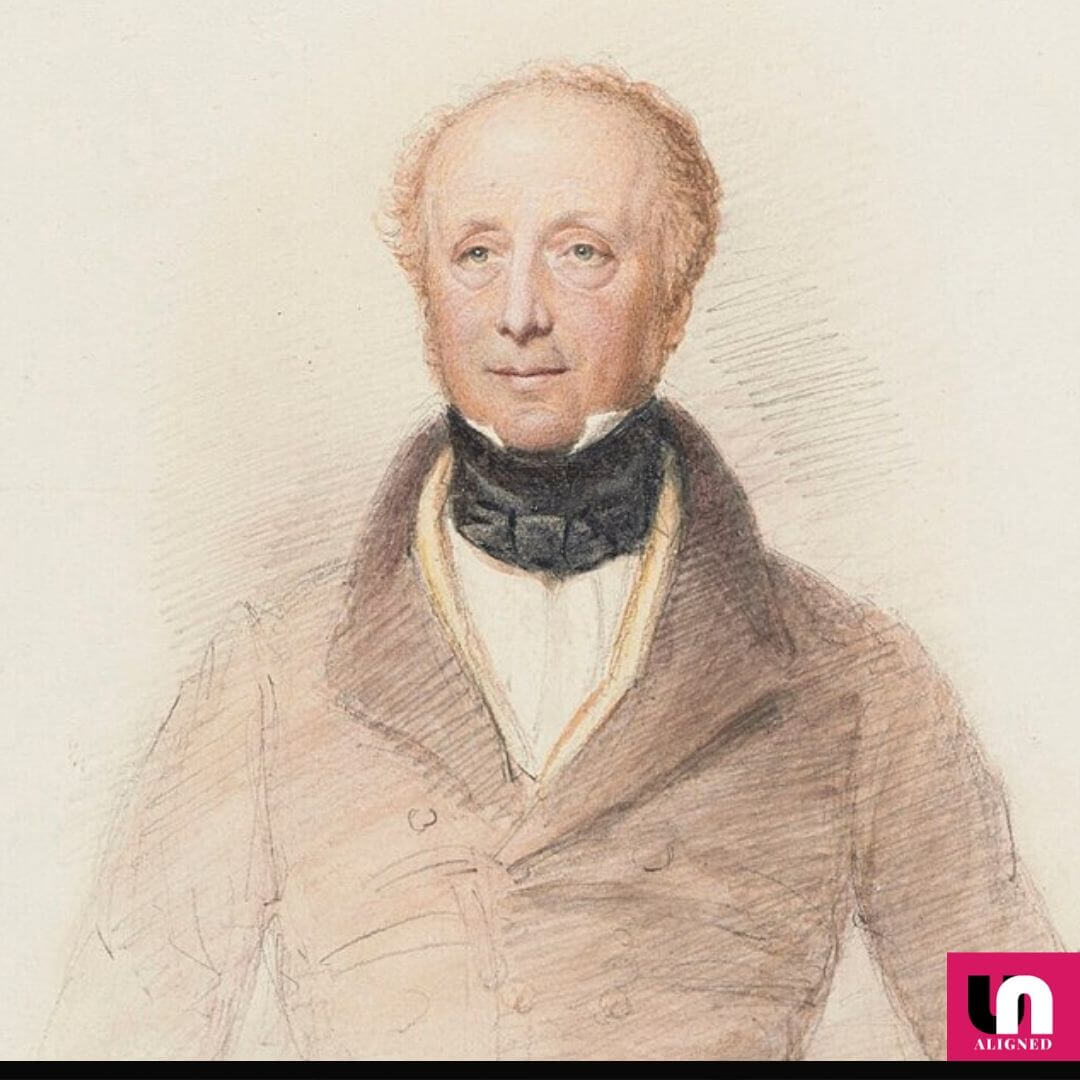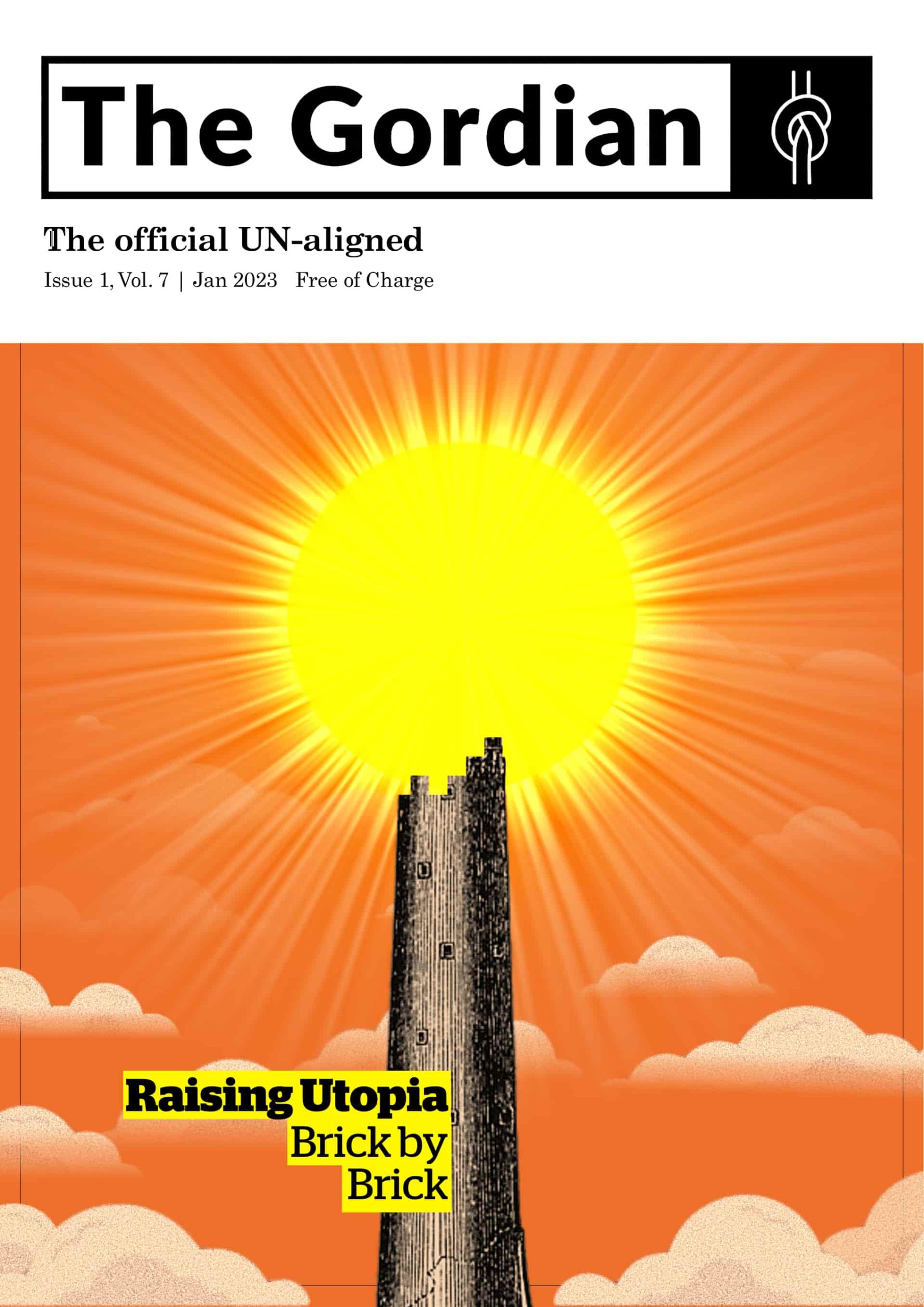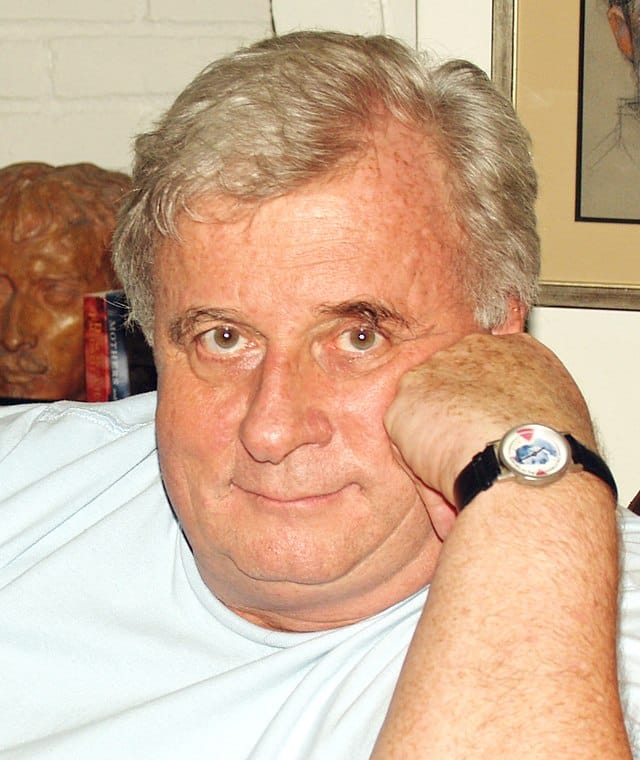Alex.liberto
2025
2023
English Poetry After WWII: The Rise and Evolution of Post-War Literature in The UK
In a world recovering from the devastation of war, how did English literature find its footing? Here are the most pivotal figures and movements that reshaped the post-war literary landscape.
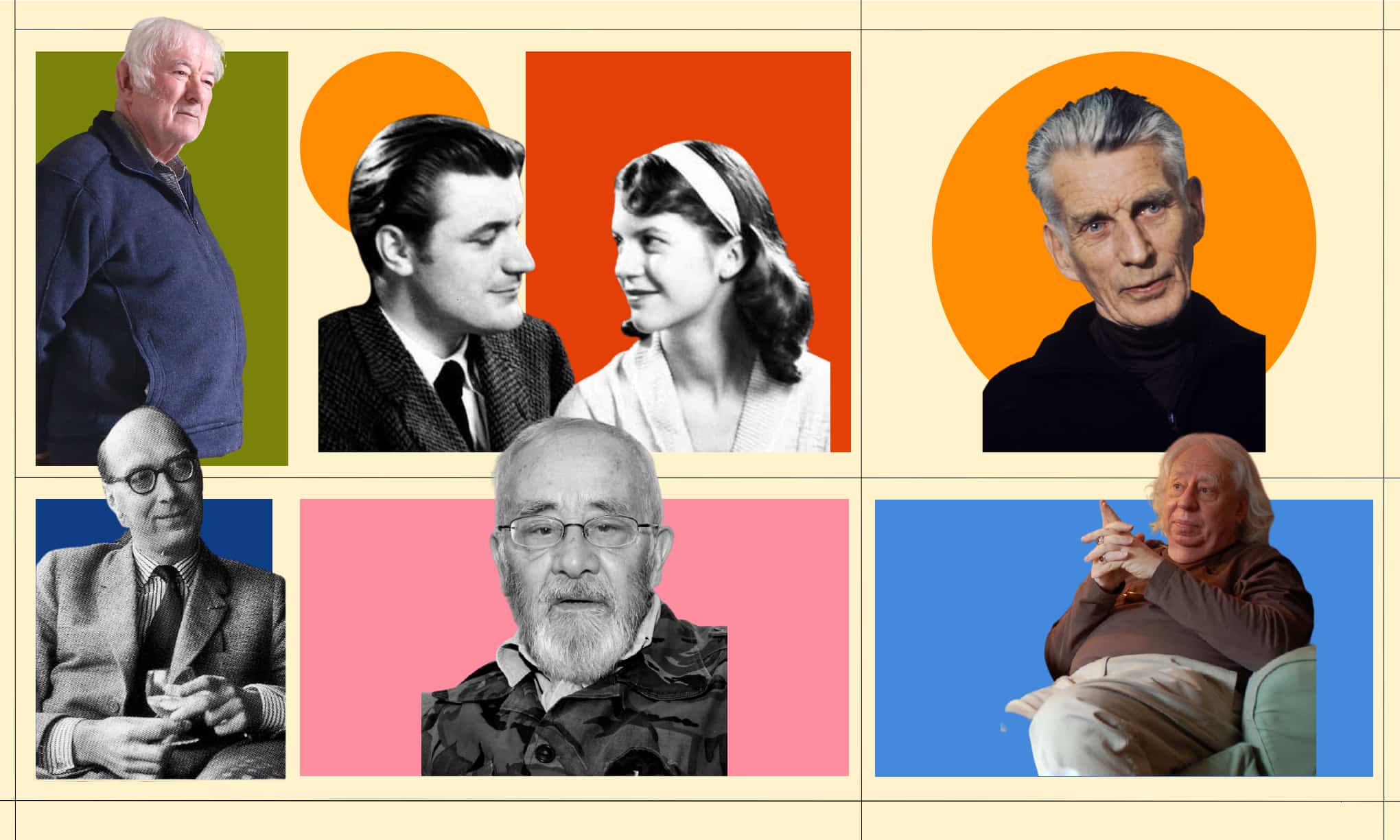
The Rise of the Angry Young Men in British Drama
Exploring social injustice and generation gap in post-war Britain drama through the works of John Osborne and other playwrights of the Angry Young Men movement.
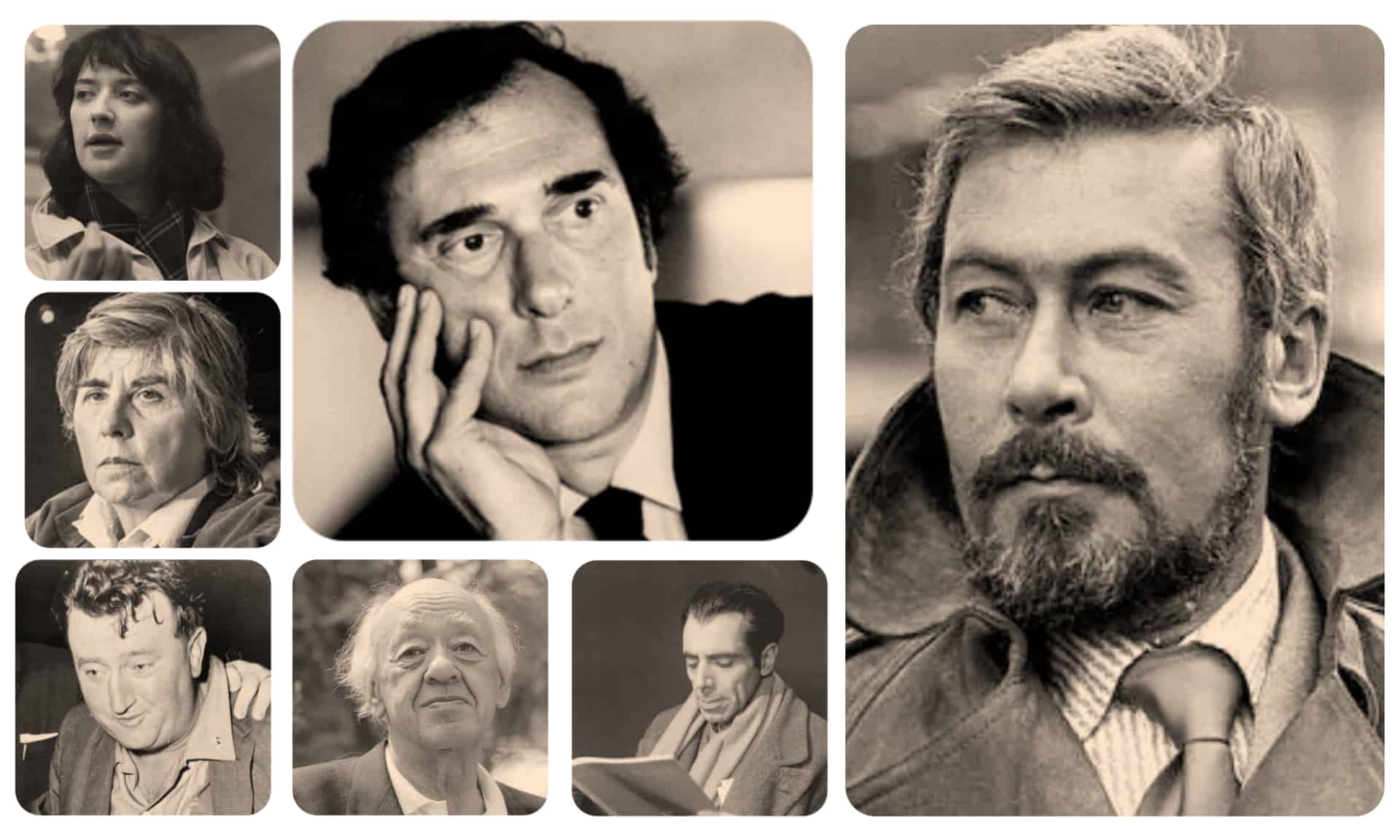
British Drama in the Age of Self-Discovery: Significant Plays and Key Themes
Uncovering the hidden gems of 20th century British drama.
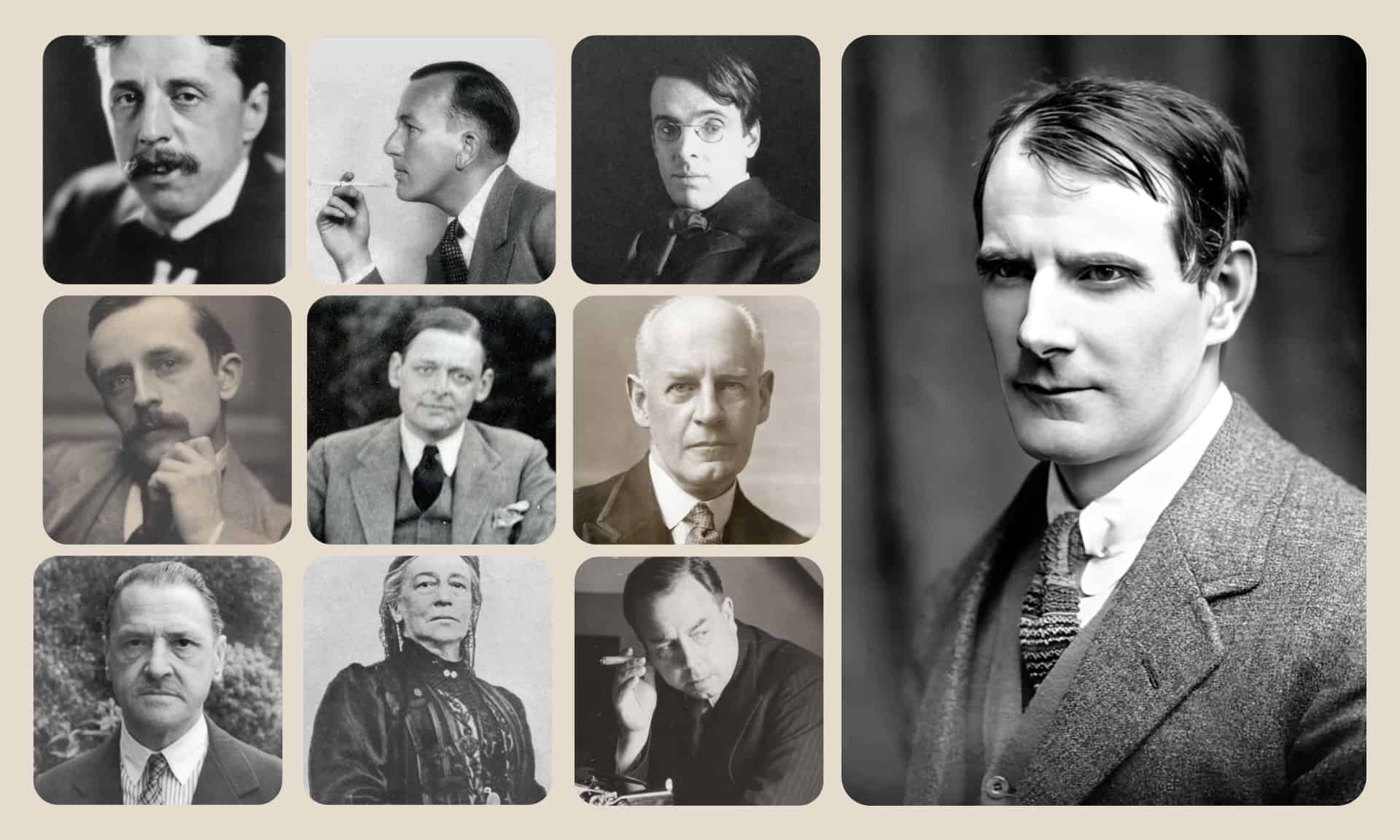
2022
How the age of self-discovery changed the English poetry and novel forever
The Age of Self-Discovery was a milestone for the English poetry and novel that opened the doors for the intellectual creativity and innovation of 20th-century writers.
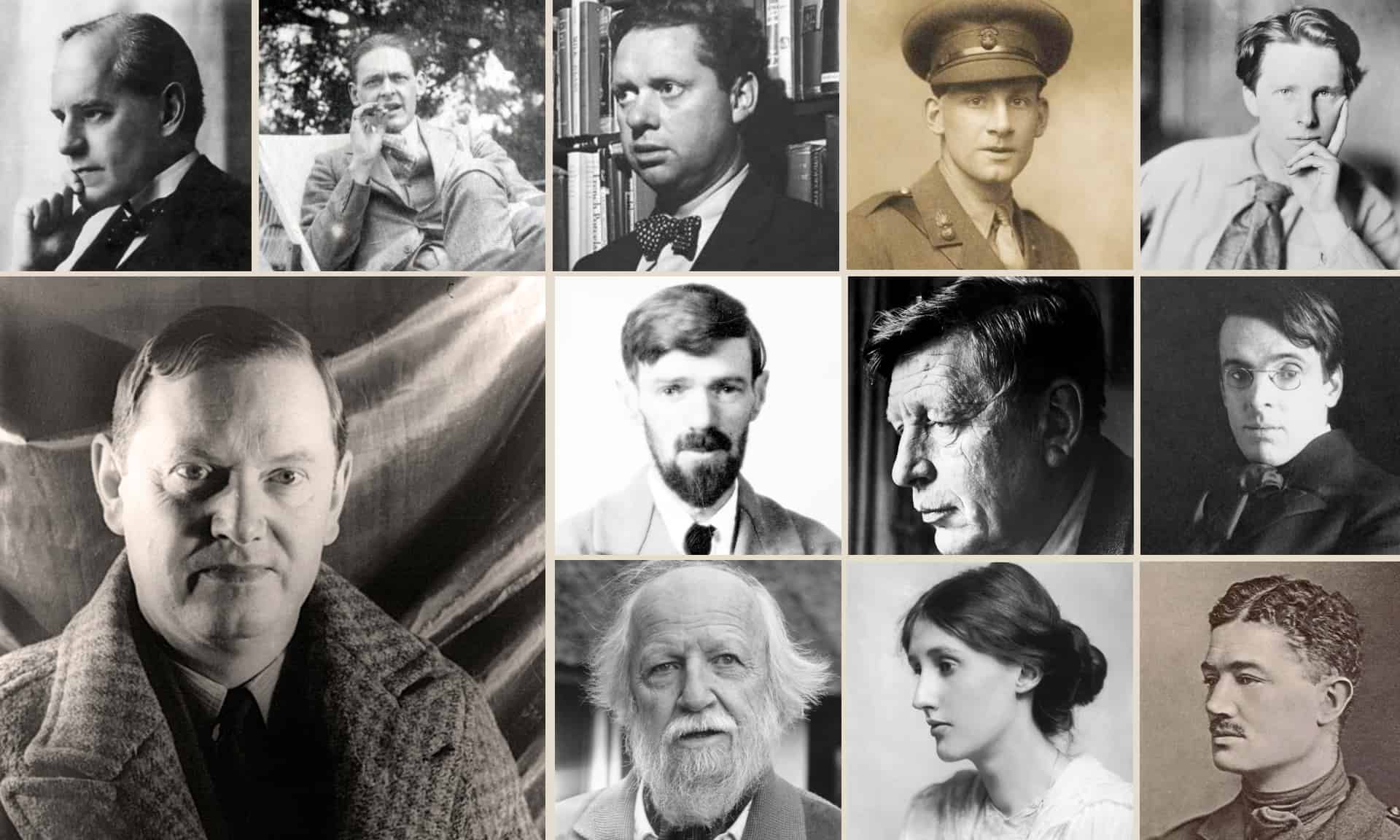
David Herbert Lawrence: The Freudian who hated industrialisation
David Herbert Lawrence has captivated the imagination with his rich and substantial prose, painting a clear picture of reality with spontaneous language.
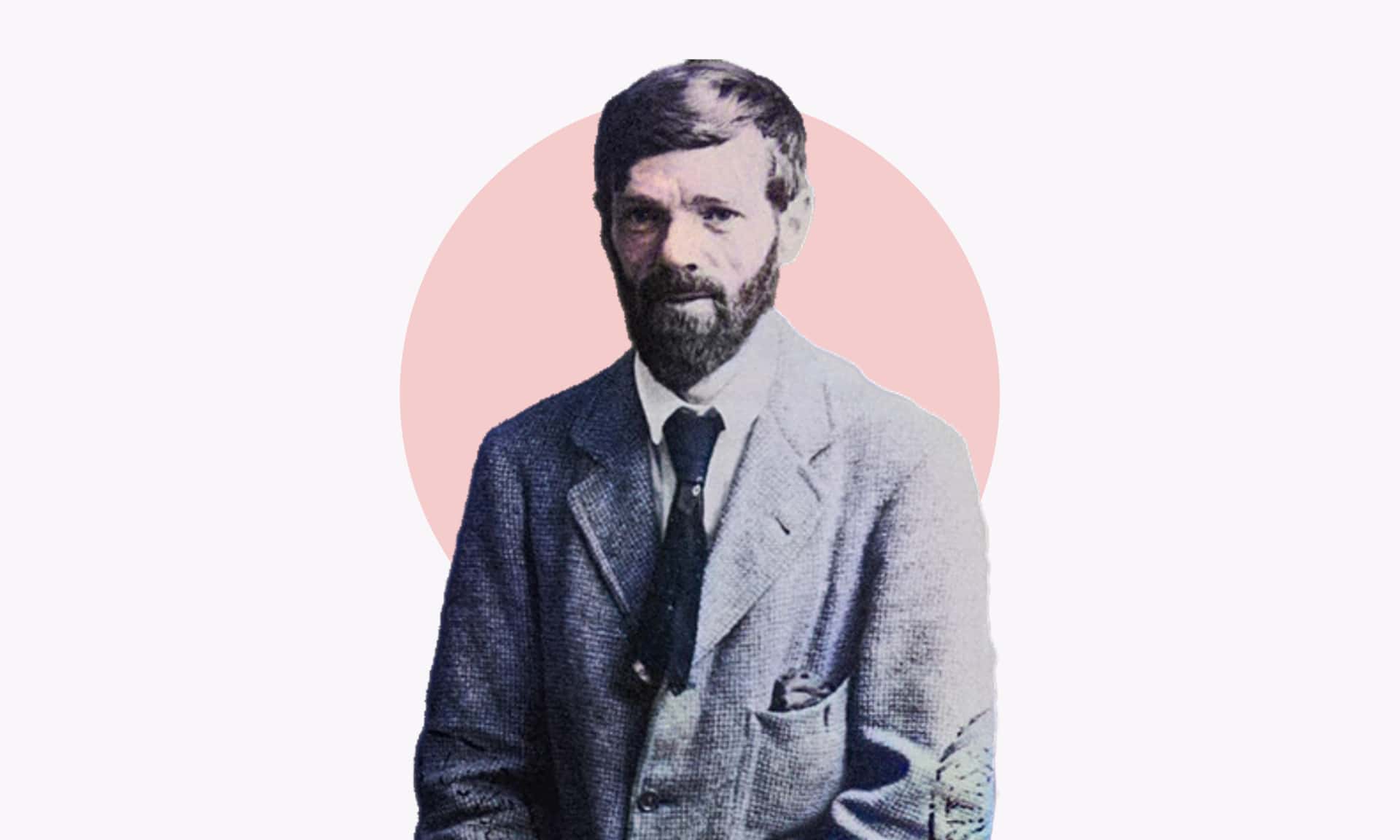
Unlocked and Unbolted: Virginia Woolf's Life and Works
Virginia Woolf and her tumultuous psychological hardships should be considered an essential cornerstone of modernist fiction.

Doris Lessing: Subjecting a Divided Civilisation to Scrutiny
Doris Lessing, a female writer who weighed in on the feminist front and who wrote about persecution, intolerance and injustice.
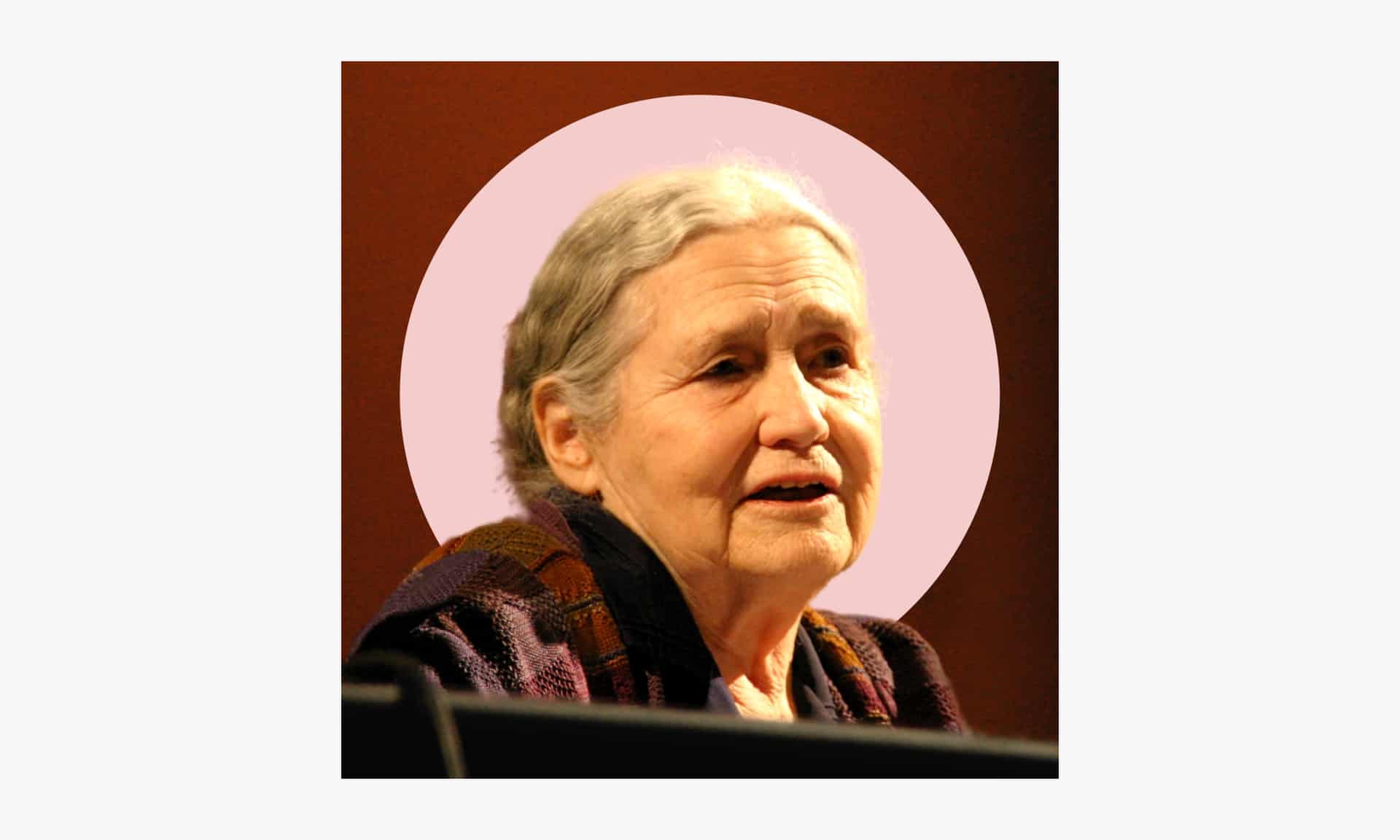
Edward Morgan Forster: Life and works
Edward Morgan Forster: his life and his works.
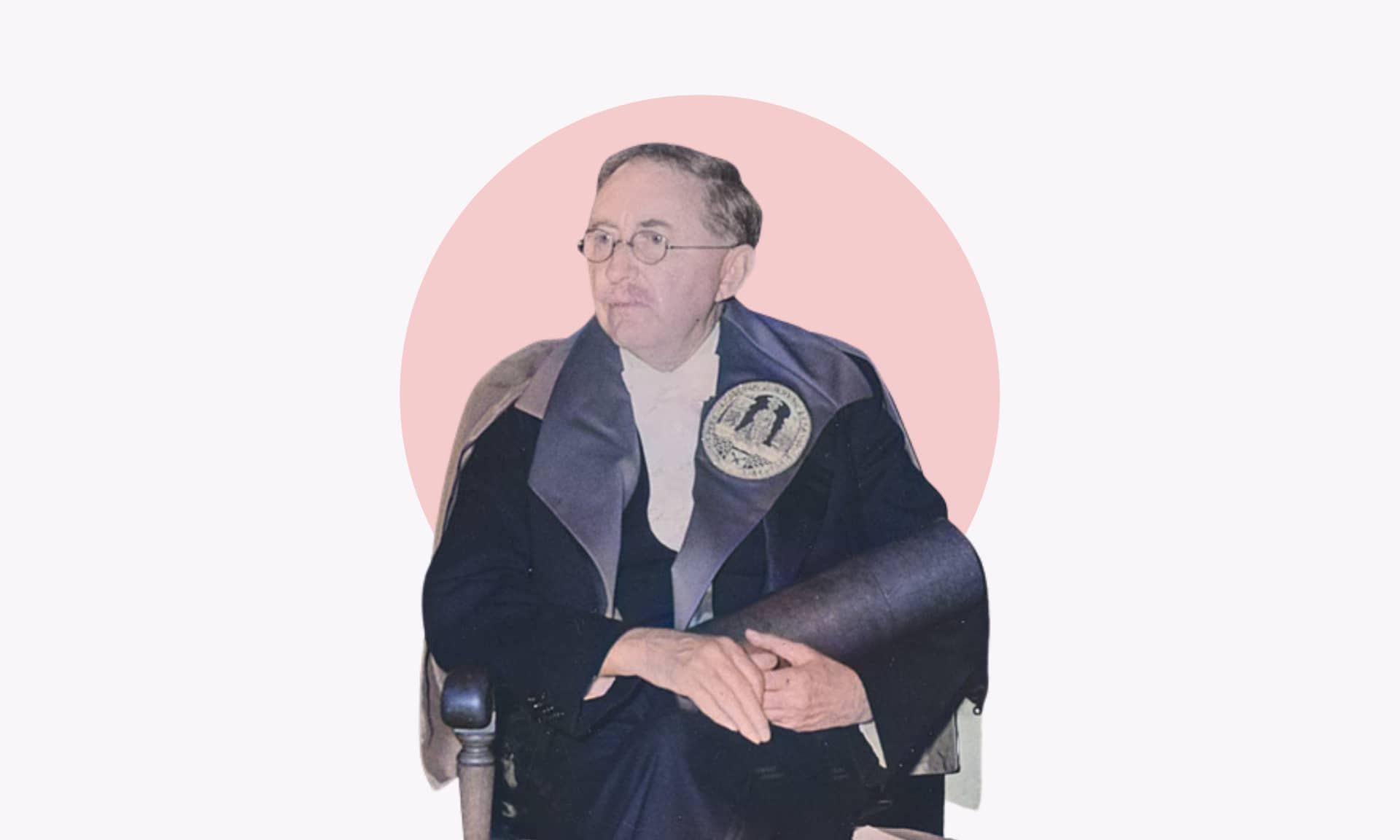
From patriotism to pure poetry: Isaac Rosenberg’s Break of Day in the Trenches
Isaac Rosenberg (1890-1918) did not sing the praises of war; he reflected on its philosophical and poetical impact through symbolism and imagery.
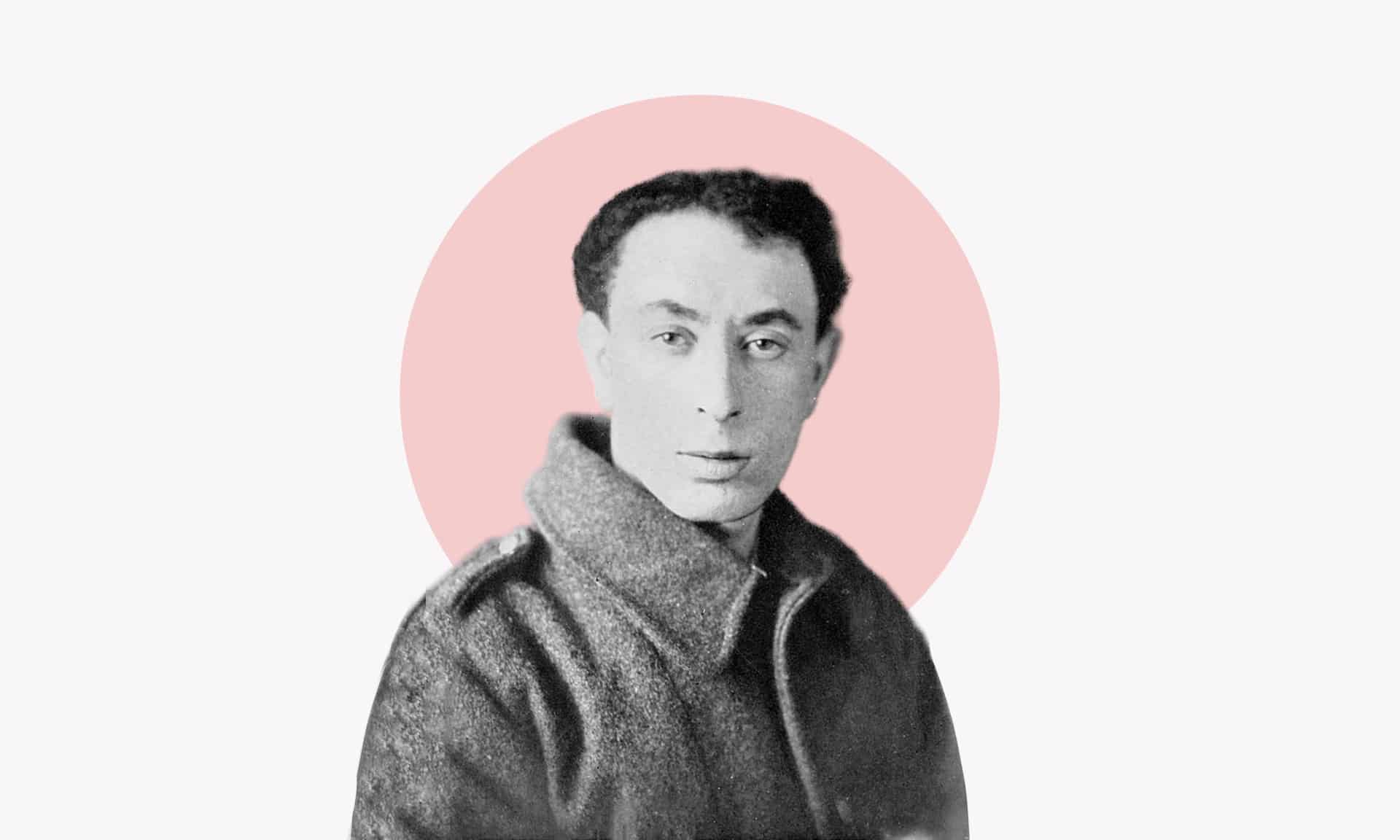
We support Ukraine because it represents the sacrosanct right to build one's own future
Ukraine is supported by many countries because it represents the right to build one's own future, in peace within the safety of their borders, without the threats of aggression. Peace, principles, justice and self determination are sacrosanct. That is why the Ukrainians do not want war. They want to live harmoniously among their own people, sharing the culture and heritage with their neighbours and the world.
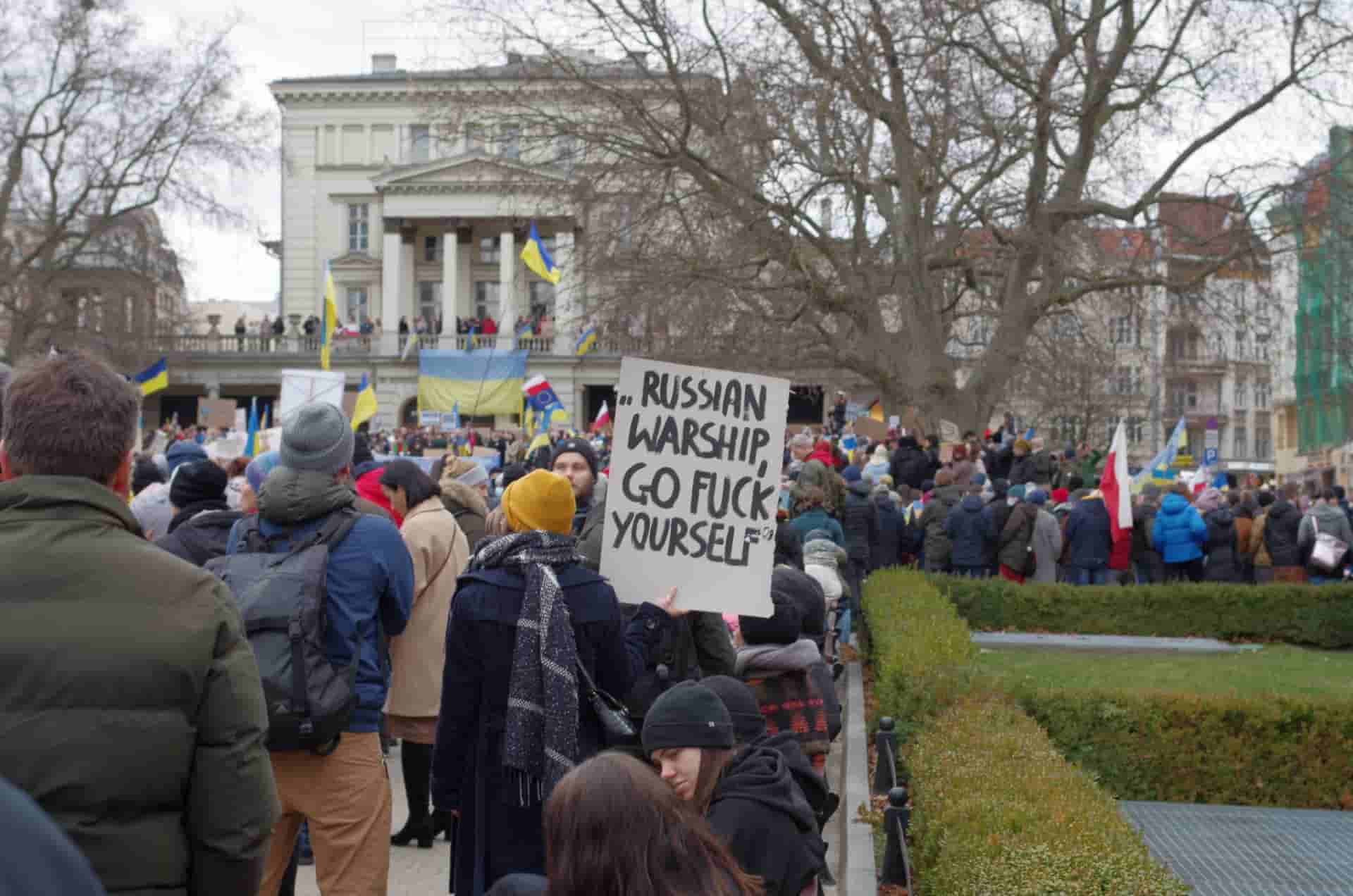
The master of the Bildungsroman: Leslie Poles Hartley’s life and works
Born in 1895 L.P Hartley was an English poet and author of many notable works including The Go-Between and The Eustace and Hilda trilogy. Learn more about his life and works.
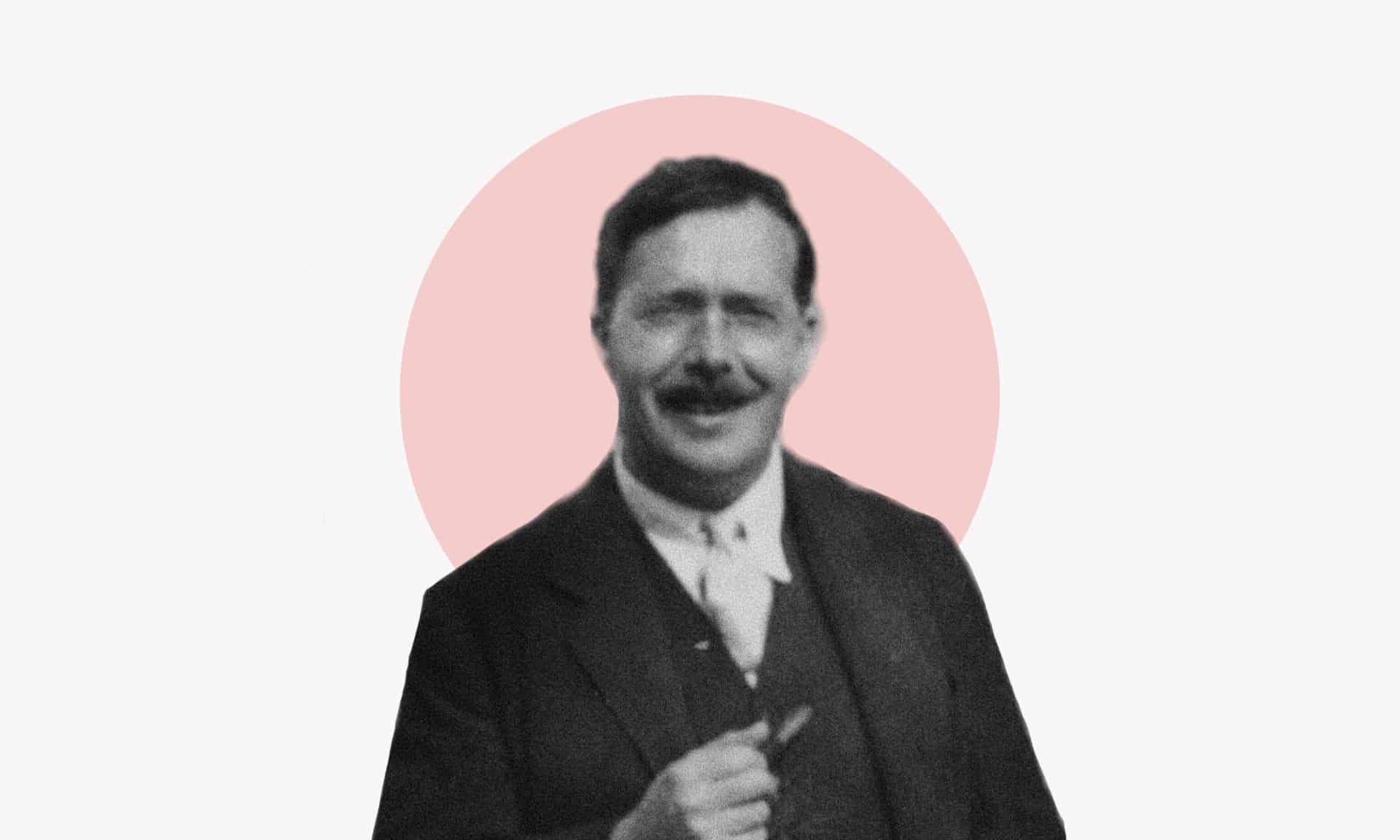
2021
John Osborne and The Angry Young Men
After our overview of post-war British drama with a survey of the Theatre of the Absurd, let us now look at another important literary movement that developed after the end of World War II. The end of the war left a sense of discontent and disillusionment, especially with the younger generation. As society developed into a more affluent capitalistic and class-conscious structure, the younger generation became aware that the poorer classes were being exploited and this prompted them to voice their anger.
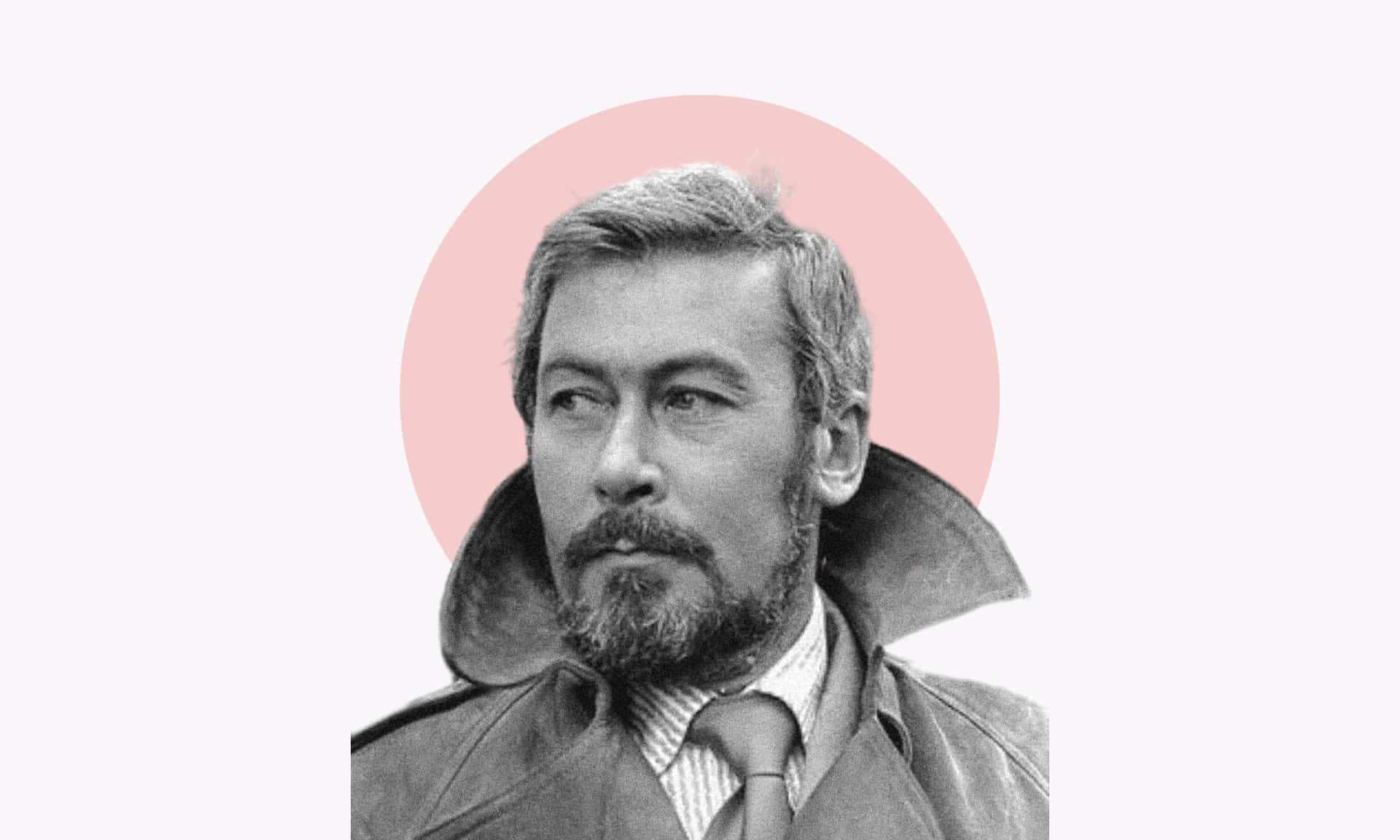
Harold Pinter: a mirror for the common people
In the last issue we saw how Samuel Beckett and Harold Pinter developed a new drama that was characterized by features that had nothing in common with the prevailing criteria of the time: the Theatre of the Absurd. In this issue we shall take a closer look at Nobel Prize winner Harold Pinter, one of the most influential modern British dramatists with a writing career spanning over more than 50 years.
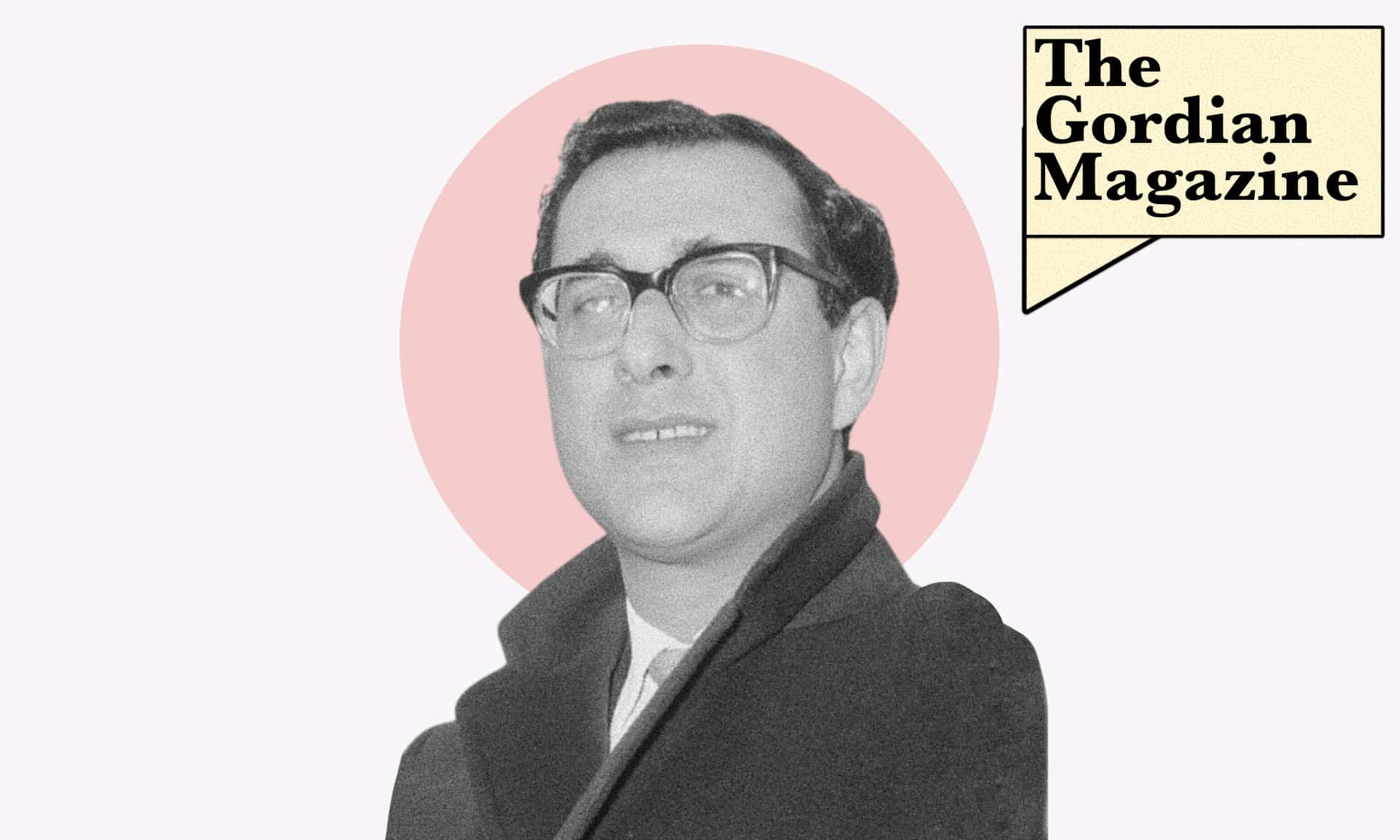
Samuel Beckett & Harold Pinter: 2 Giants of the Theatre of the Absurd
In the last issue we saw how some 20th century writers envisioned a dystopian future in reaction to the two world wars and to the dwindling human values. Protesting against society and the situation of man, but in a different way, were the giants of the Theatre of the Absurd Samuel Beckett and Harold Pinter.
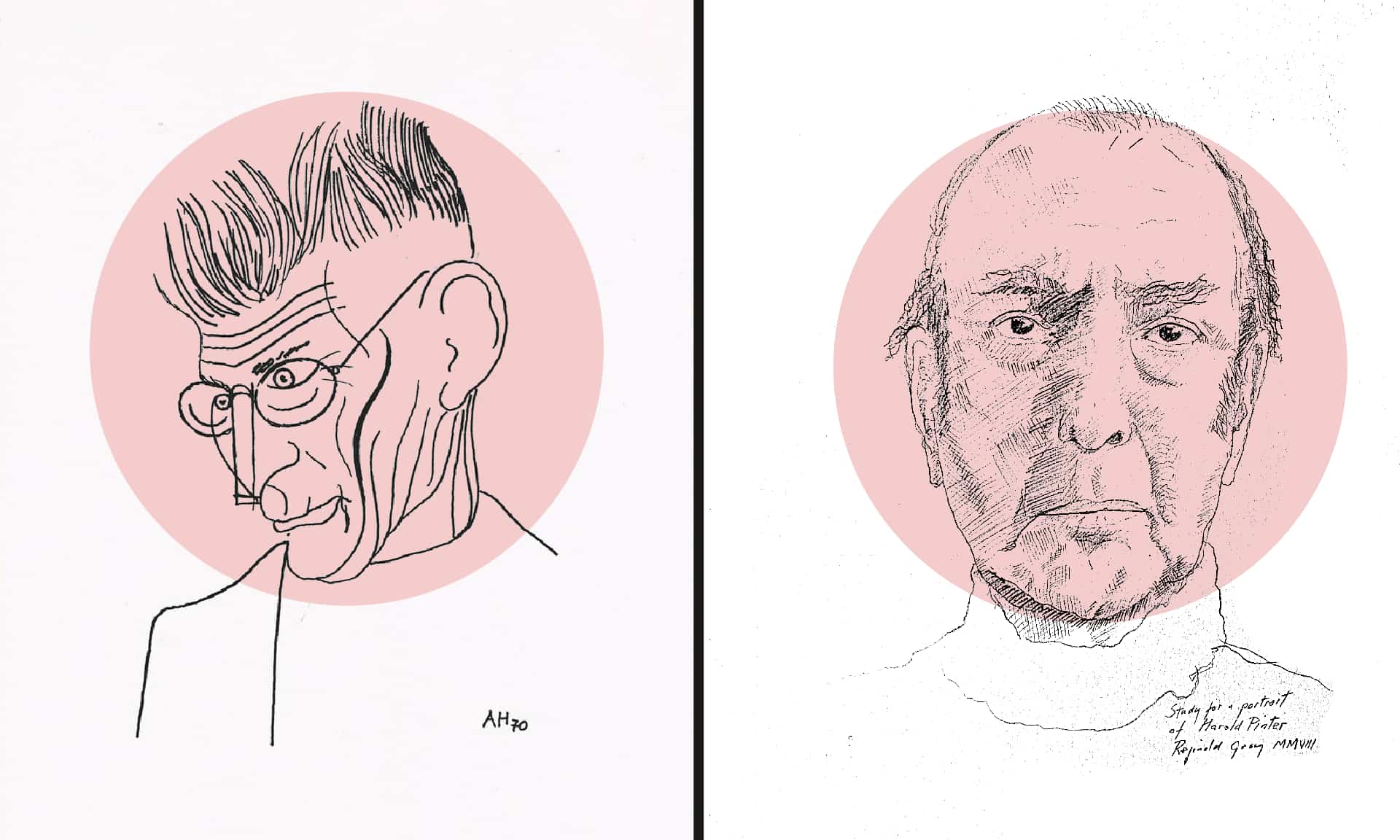
The Dystopian Novel: "Beyond Utopia"!
The dystopian novel developed during the 20th century when the reality of humanity’s volatile condition became evident after both the first and second world wars. The word, dystopia, refers to Utopia, the fictitious name of an ideal country, coined by Thomas More in his famous book Libellus … de optimo reipublicae statu deque nova Insula Utopia (1516). It was designed as a political, social and religious system which was not supposed to be reflected in reality, but proposed as an ideal model. Utopia was later seen as the panacea for the future Many 19th-century scholars looked at a utopian future as the culmination of the forces of historical evolution.
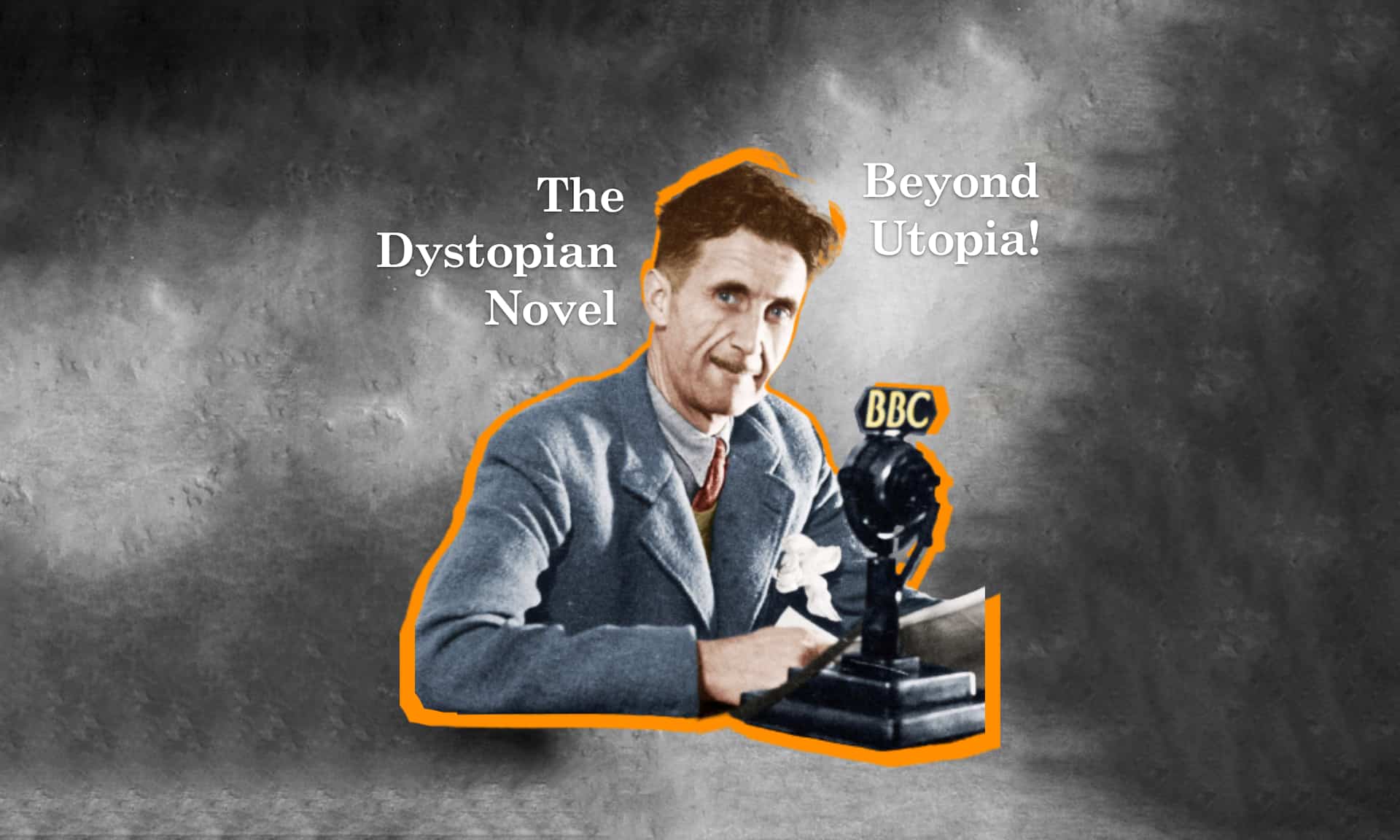
Fitzgerald's Great Gatsby VS T. S. Eliot's Waste Land: Portraying a dusty vastness where nothing thrives
The situation that plagued the world after World War One was one of callous apathy and emotional aridity. My last article on T.
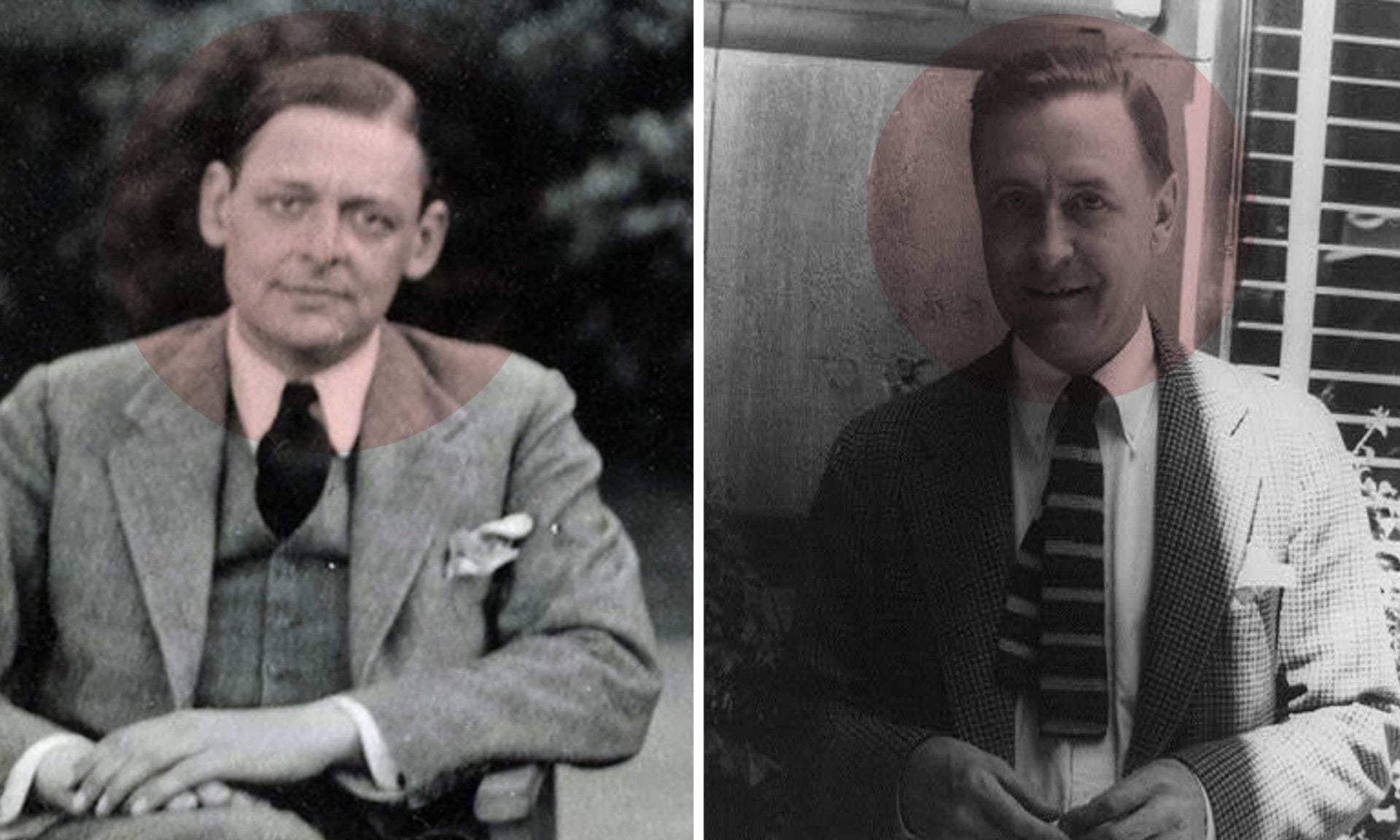
Your guide to T.S Eliot poems - April is the cruellest month
T.S Eliot is perhaps the best example of the modern metaphysical poet. Like the 17th century poet, John Donne, Eliot veered from the ethereal world of romance and idealisation, to head directly towards a concrete reality through conceits and extended metaphors.
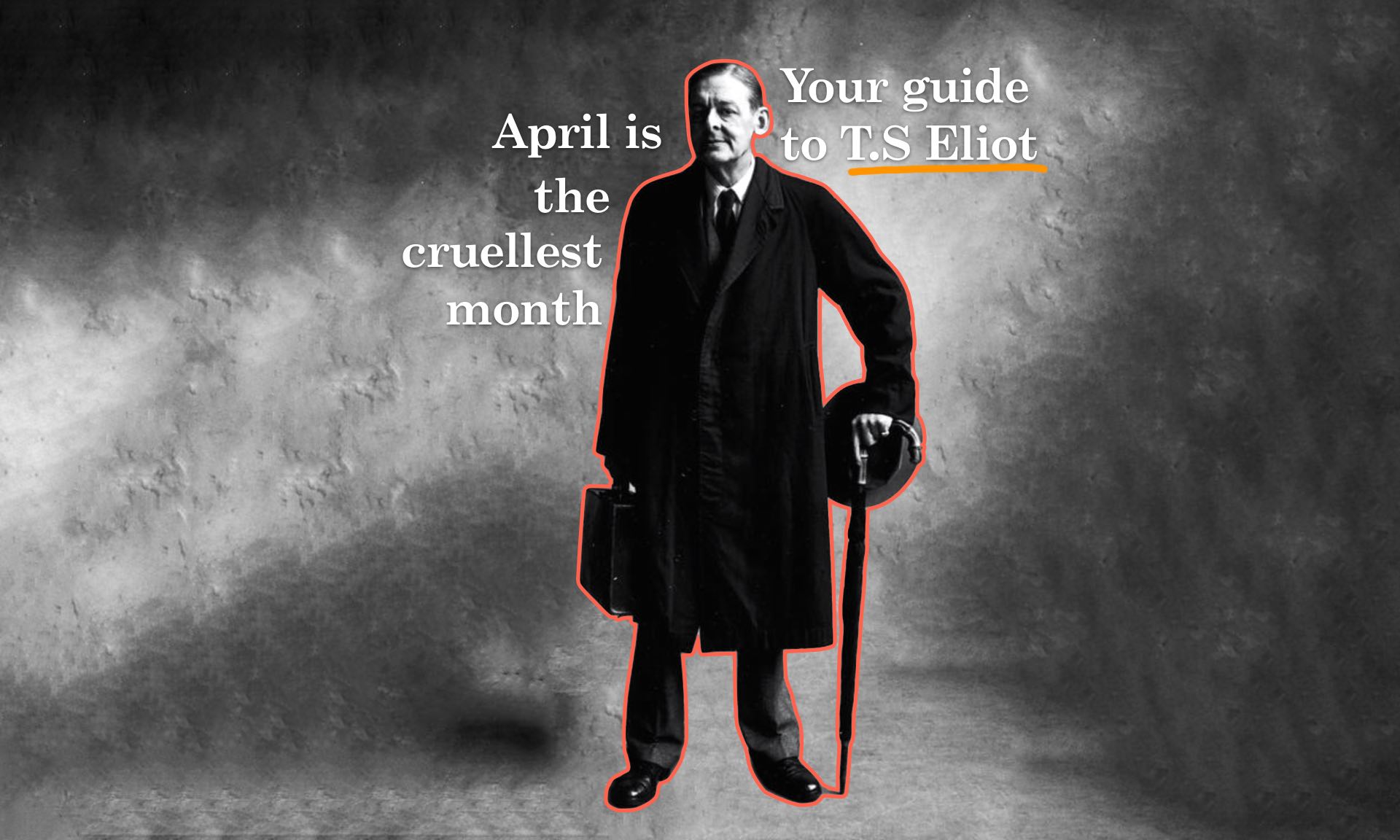
John Donne's No Man is an Island: Feeling a Oneness With Humanity
In today’s world besieged by isolationism, America First, Britain First, white supremacy, cyber bullying, homophobia, racism, vaccine tug-of-war, colonialist withdrawal symptoms (… shall I go on?) and the like, never before have the words of John Donne been more relevant; “No man is an island…”. In the age of Brexit, the very notion that every man is part of a greater humanity is a powerful assertion. However, the profound conviction that ‘every man is a piece of the continent, a part of the main’ has a far more universal metaphorical significance; a spiritual and existential significance.
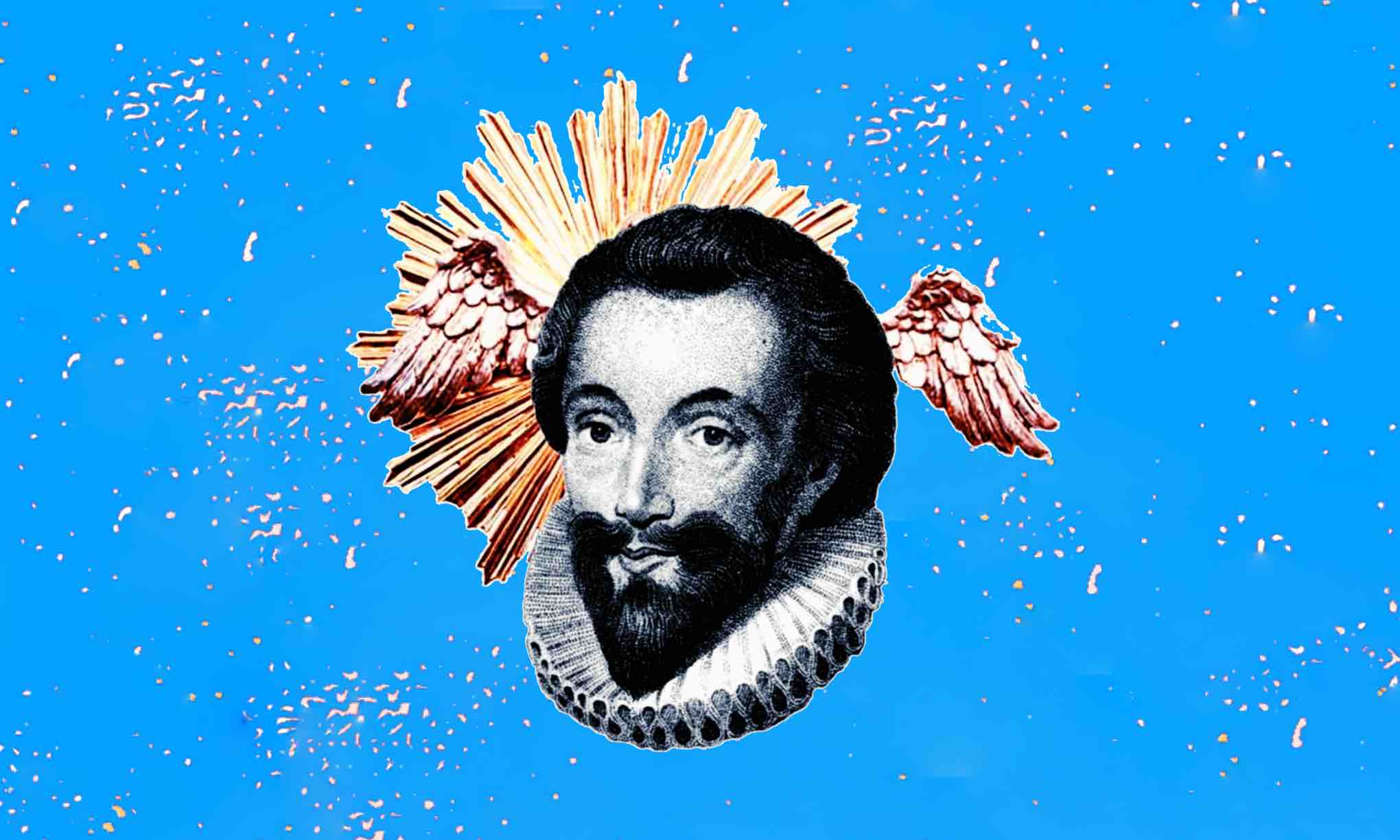
"The Greatest Metaphysical Poet": Your Full Guide to John Donne’s Life, Career & Poems
Family background John Donne was born in London in 1572 to a relatively wealthy family. His father, who died when Donne was only four, was a successful tradesman and his mother, Elizabeth, was the daughter of the writer John Heywood. Both parents were Roman Catholics and were in obvious difficulty to come to terms with the newly established Church of England. Donne’s family, especially on his mother’s side, were persecuted for being Roman Catholics and for refusing to swear the Oath of Supremacy which acknowledged the English monarch as the Head of the Church of England. This is the general atmosphere in which John Donne was brought up. As a child he was educated privately by Catholic tutors and at the age of twelve he was sent to Oxford University. The reason for attending Oxford at such a young age was due to the fact that all students had to pledge allegiance to the Queen and therefore to the Church of England by the age of sixteen. Donne’s mother was naturally hoping that her son would obtain a degree before that age. However this did not happen and the young student was eventually compelled to leave Oxford without a degree.
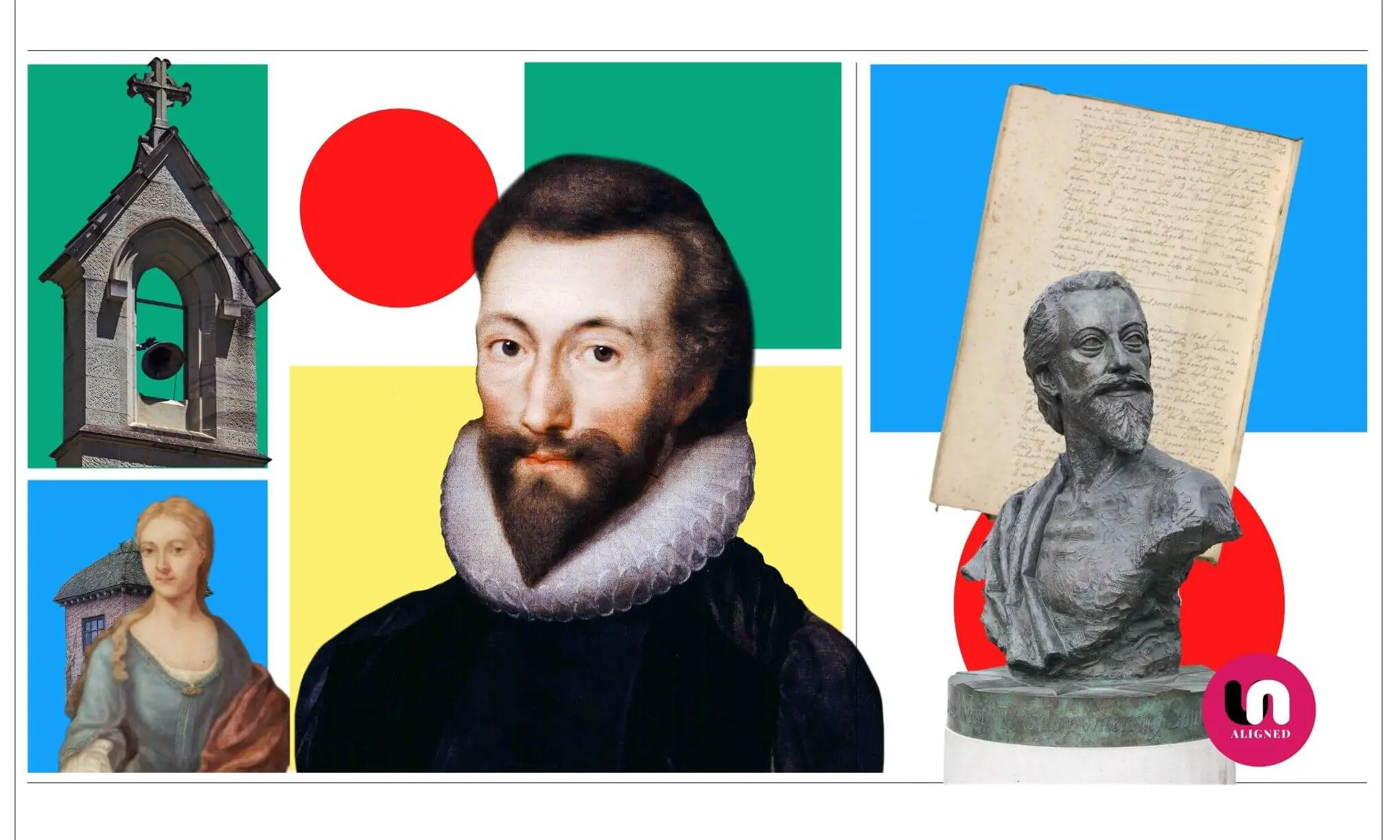
2020
Samuel Pepys: A peep into the life of a gentleman in the Restoration period
We cannot speak of a literary career for Samuel Pepys (1633 -1703), since he wrote predominantly for his own private reading. He is known for his diary which was written in a special code (Shelton’s system of tachygraphy) and was not meant to have been deciphered and read by others. This naturally makes his account of life during the Restoration period free from prejudice and all the more authentic.
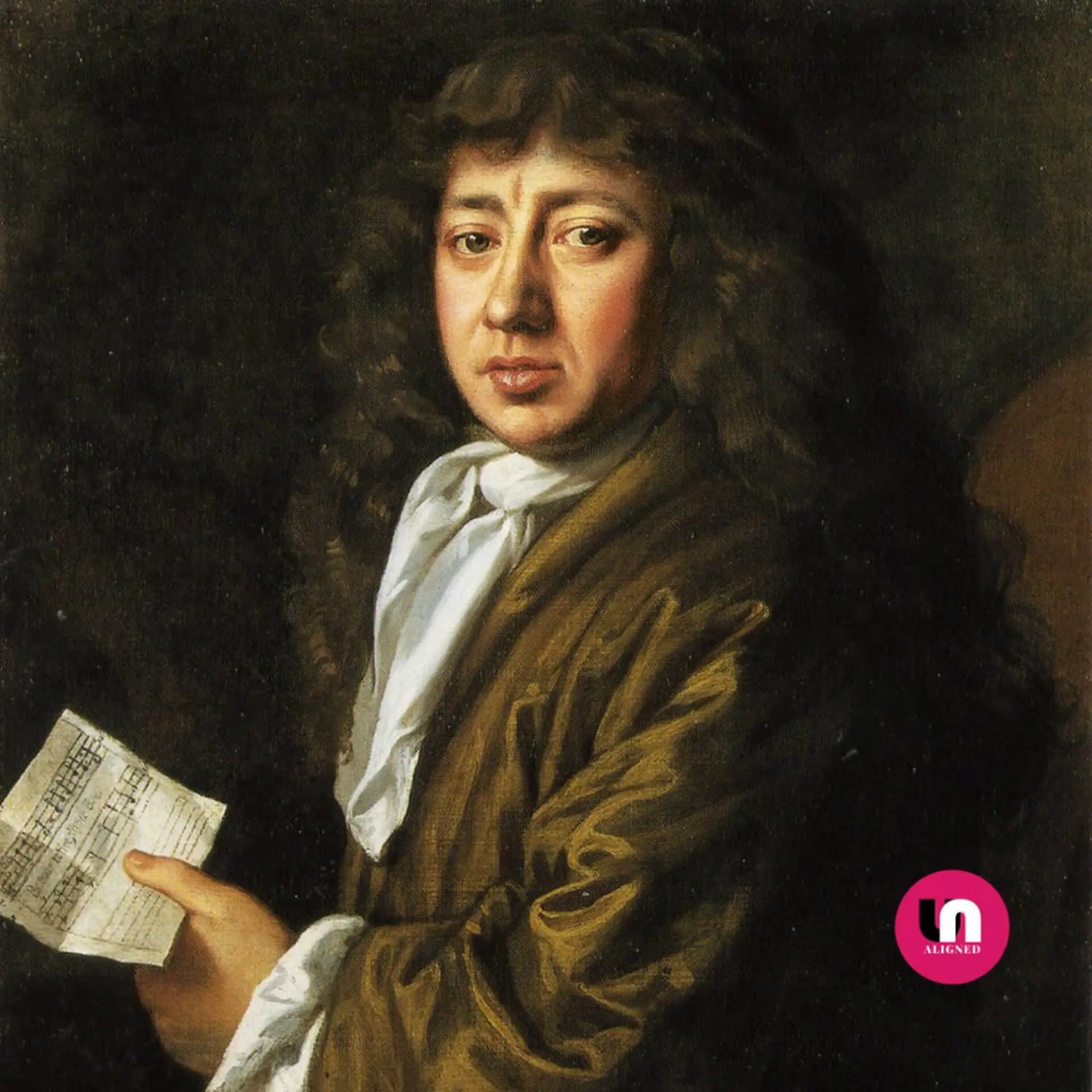
Evolution Gaming fires hundreds of employees as it buys NetEnt for $2.1 billion
The following article, written by Alex Liberto, concerns one of our Maltese members who was a victim of a ruthless mass sacking following the takeover of one company by another. Sadly, the coronavirus has already caused havoc in the jobs market around the world, but if anyone one can suggest what UN-aligned can do to support these people, please let us know. Another Ugly Side to Capitalism… Tuesday was the first day of December, the month of merriment and Christmas spirit.

The Blame Game: Blame Breeds Blame in a Never Ending Game of Hate
I blame my bed For my bad back I blame my shoes For my flat feet I blame my wife Our daily strife I blame the heat For my fatigue I blame the cold For my clogged nose I blame them all For my bad traits It’s all their fault I live in hate And when I die I’ll blame my God For a hateful life A painful death We live in a culture of litigation. We sue Starbucks if their coffee is too hot and scalds us.

Maurice and Sexual Awakening
Today I’d like to start a short cycle on love with a work about the “love that dare not speak its name”; the love between two men. Maurice was written by E.

Samuel Taylor Coleridge: The Supernatural Poet
Coleridge, like Wordsworth, loved nature and together they enjoyed walking in the Lake District, in the heart of the natural surroundings. However, Coleridge also loved the supernatural.
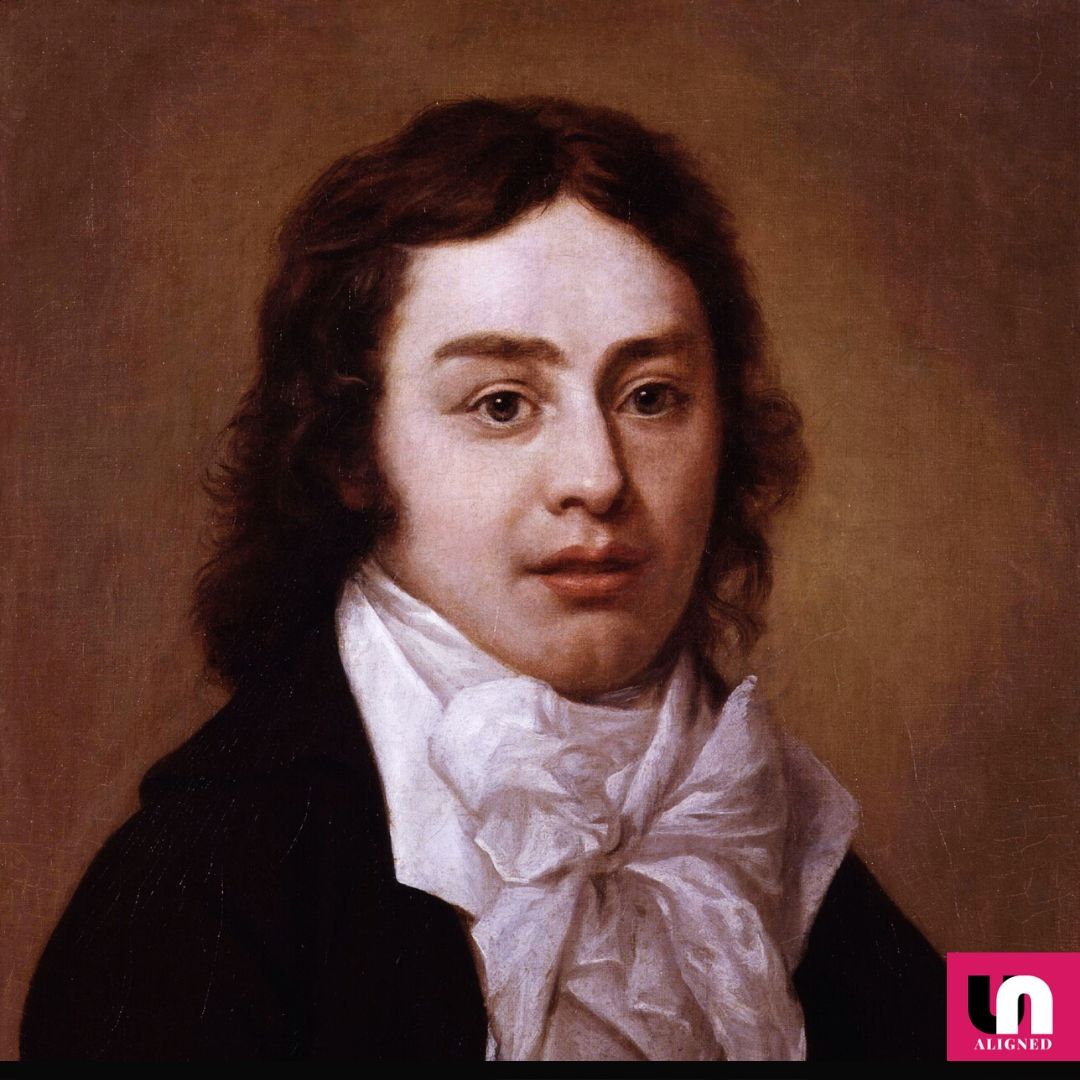
The Bluster of Arrogance
Popular leaders nowadays seem to owe their success to noise, aggression and self-aggrandisement. I call this the Cassius Clay syndrome.
